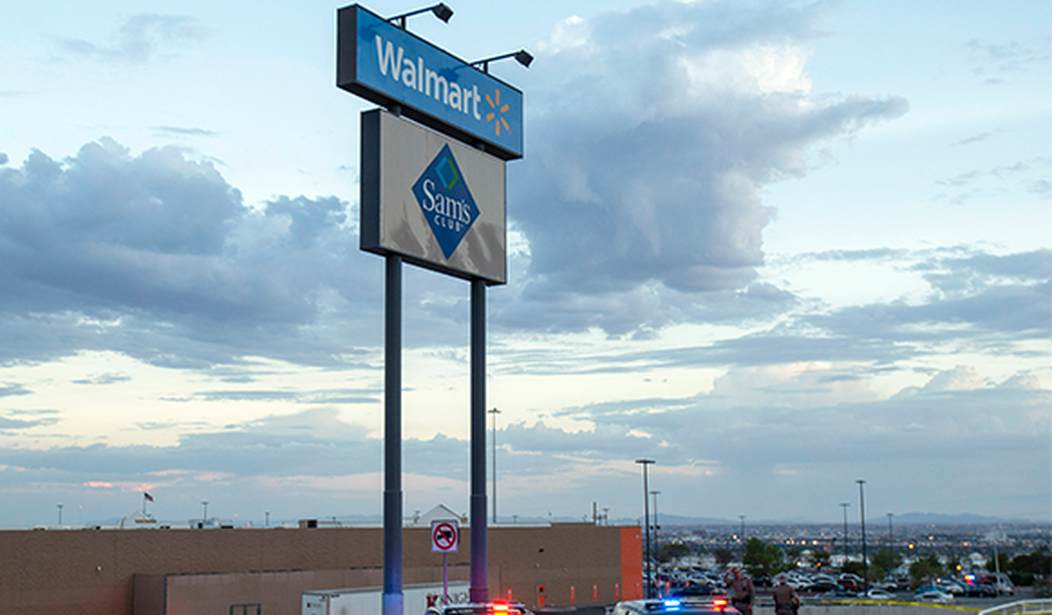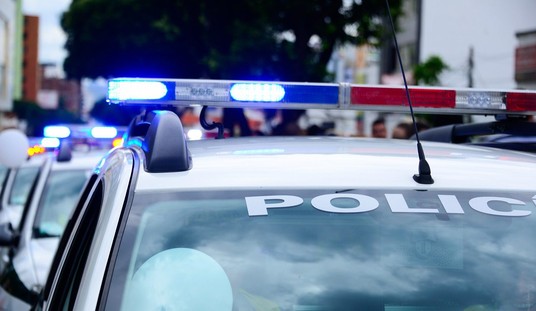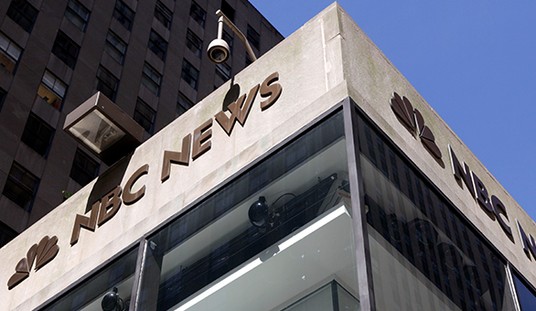The El Paso shooting rocked the state of Texas in a way that has only been eclipsed by Uvalde. The blatantly racist attack at a store known to be frequented by Hispanic shoppers would foreshadow the Buffalo attack in uncomfortable ways.
Yet a local paper has decided to compare the shooting there with a different mass shooting, all in an effort to push a gun control narrative.
One night in April 2020, in the time it took for the bay’s high tide to drain into the Atlantic and swell back up again to the wooded coast, a deranged man gunned down 22 people in their homes and on the street, in Portapique and the idyllic communities that line the west shore. The murderous rampage lasted 13 hours and became the deadliest mass shooting in Canada’s history.
There were echoes of El Paso’s Aug. 3, 2019, mass shooting tragedy nine months earlier: the same number of initial victims, a shooter with easy access in the U.S. to “assault-style” firearms, a hashtag ending in “strong.”
But the quick public response following the tragedy in Canada ― from nation’s highest authorities to local community members ― differed starkly from the response in the U.S. or Texas in the aftermath of mass shootings.
Canadians had the benefit of being truly shocked by the horror of its worst mass shooting ― and alarmed their country could go the way of the United States, where officials have more often responded to an epidemic of gun violence with thoughts and prayers instead of bold action.
Within weeks of the Nova Scotia mass shooting, the Canadian government banned 1,500 different assault weapons. The country strengthened its already strict red-flag laws, extending sales restrictions to people convicted of domestic violence. Conservatives criticized the Liberal Party for how it went about tightening gun control, but even many conservative, rural gun owners felt something had to be done.
Of course, the piece goes on to present this like a good thing.
However, what they failed to note above is that the Nova Scotia shooter had all of his weapons illegally. He didn’t lawfully purchase an AR-15 in the United States. Instead, he somehow obtained a gun smuggled illegally from the US, an act illegal on both sides of the border.
In addition, that gun was acquired in some manner for the purposes of smuggling it into Canada, none of which are legal, either.
Gun laws, both Canadian and American, failed spectacularly in preventing the Nova Scotia shooting.
Yes, Canada banned numerous AR-15-style rifles in the aftermath, but only a fool would look at that and believe that would make a difference in preventing the next such attacker. After all, if one could obtain such a weapon illegally, so could others.
El Paso, on the other hand, while tragic, didn’t cause the same reaction because most Texans recognize that the gun isn’t to blame.
Unfortunately, the El Paso Times isn’t among them.
Further, it should also be remembered that Canada has no version of the Second Amendment preserving the right to keep and bear arms. That means the government is able to trample on those rights whenever they want, which is what they did so as to avoid uncomfortable questions by the media.
The aftermath of the El Paso shooting, however, required an understanding that the Second Amendment was there, a bulwark to mitigate the knee-jerk reactionism that many demanded.
So there were differences between those shootings, significant ones, and in many ways, I thank God there were.








Join the conversation as a VIP Member